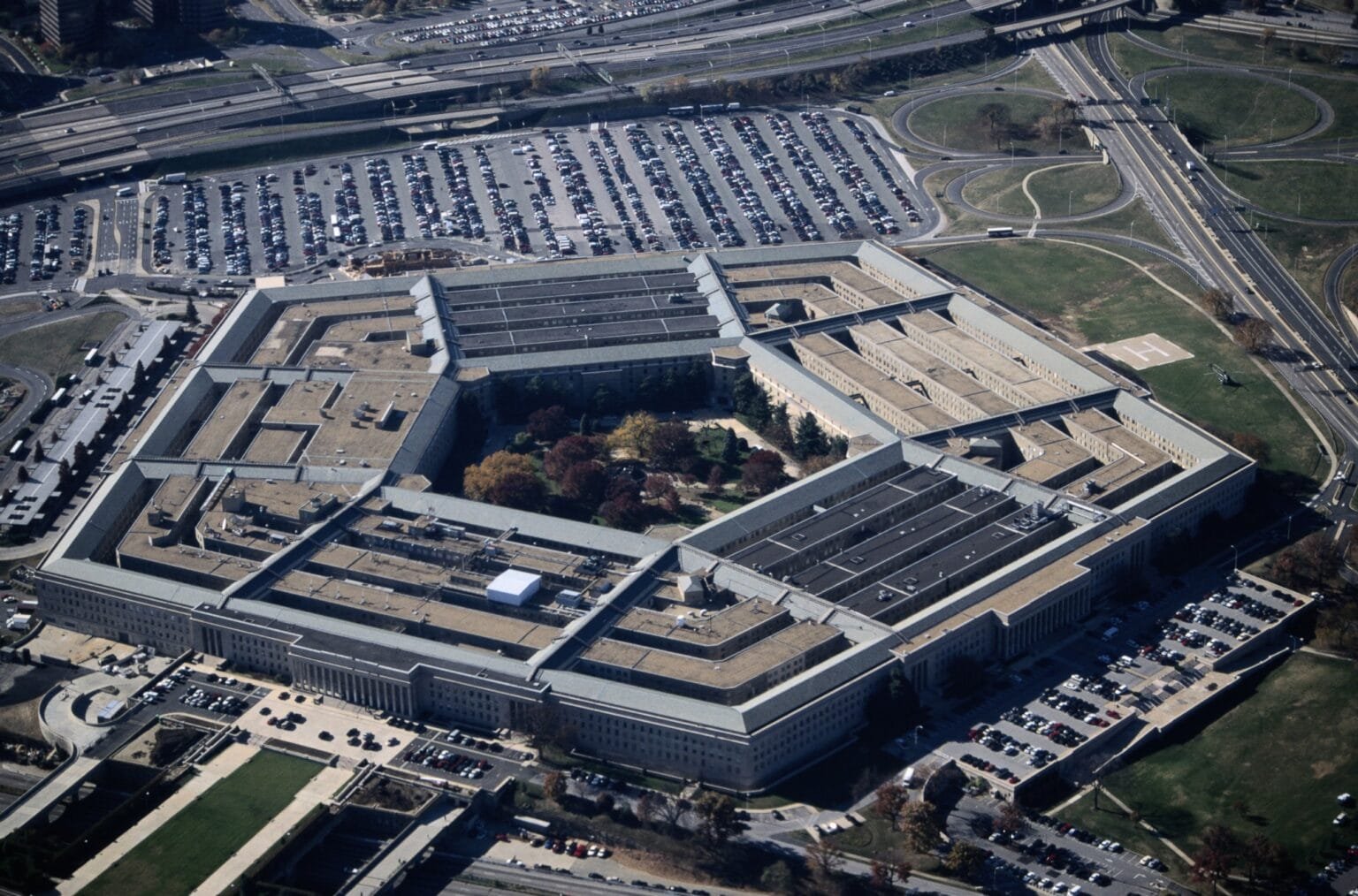The Pentagon is reportedly urging U.S. missile manufacturers to drastically increase production, doubling or even quadrupling current output of a dozen critical weapons systems in anticipation of a possible future conflict with China, according to a Wall Street Journal report. According to sources familiar with the discussions, Deputy Secretary of Defense Steve Feinberg is spearheading the push through a newly formed “Munitions Acceleration Council,” holding regular high-level meetings with defense contractors such as Lockheed Martin, Raytheon, Boeing, and other component suppliers.
The initiative was launched around June in a Pentagon roundtable involving top Pentagon officials and executives from major arms firms, who were asked to propose how production could scale to 2.5 times current levels over 6, 18, and 24 months. The list of prioritized systems includes Patriot interceptors, Standard Missile-6, Precision Strike Missiles, Long Range Anti-Ship Missiles, and Joint Air-Surface Standoff Missiles (JASSM), among others.
Pentagon spokespeople and some defense officials have emphasized that rising concern over depleted U.S. munitions stockpiles, exacerbated by high usage in Ukraine and in support of allies, is driving urgency in the ramp-up. Still, the report underscores significant practical hurdles: missile systems often require lengthy development, testing, and quality assurance cycles; component supply chains face bottlenecks; and defense firms warn that major capital investment and guaranteed contracts from the Pentagon will be needed before they can commit to such ambitious scale-ups.
Even with strong political will and funding, ramping production rapidly may strain the industrial base, especially given challenges in reactivating dormant factories, restoring supplier capacity, and qualifying new manufacturing lines.





